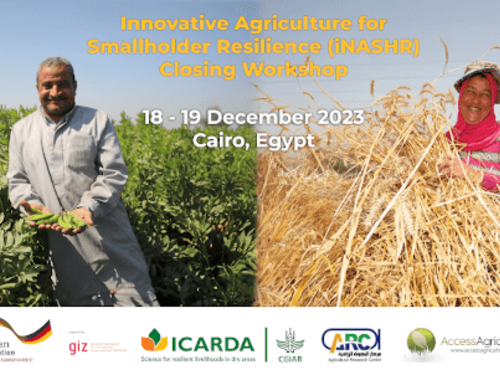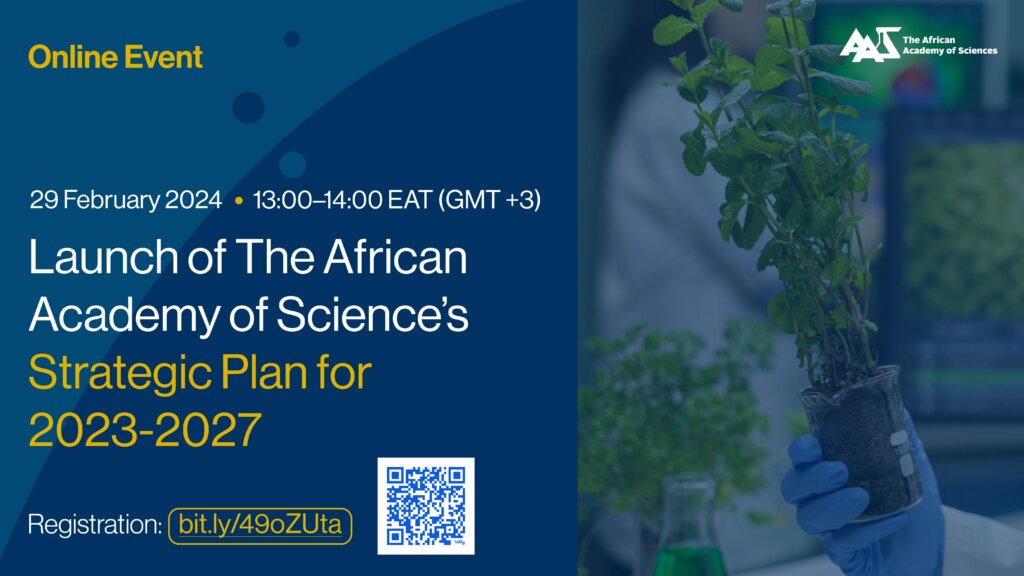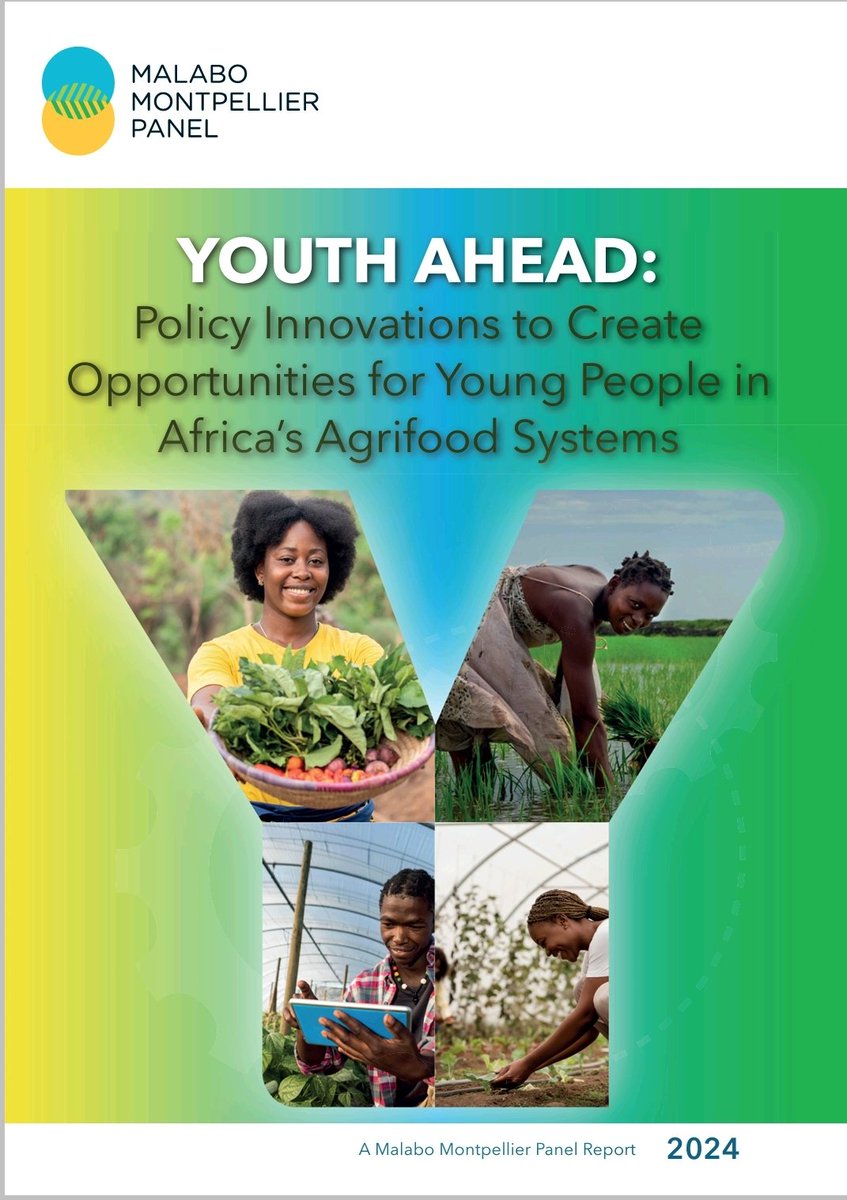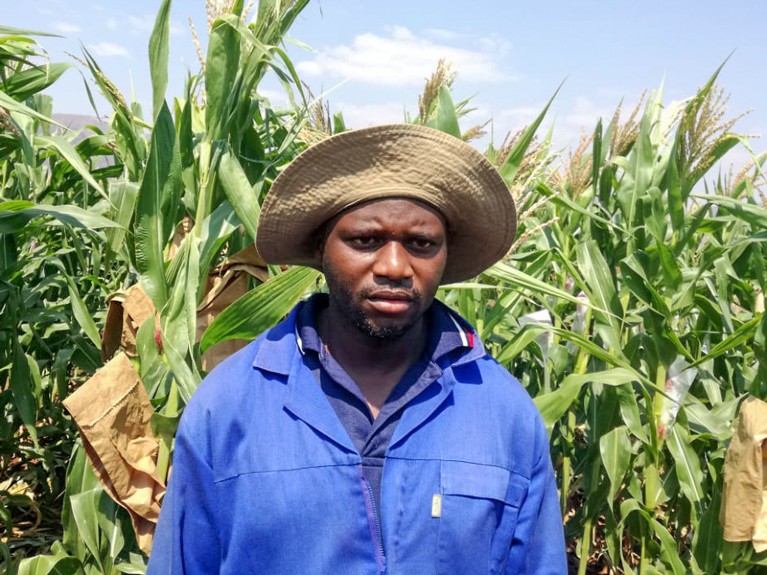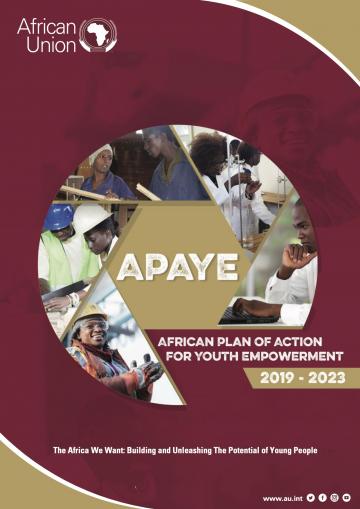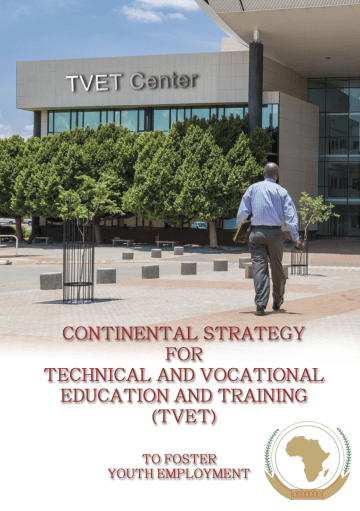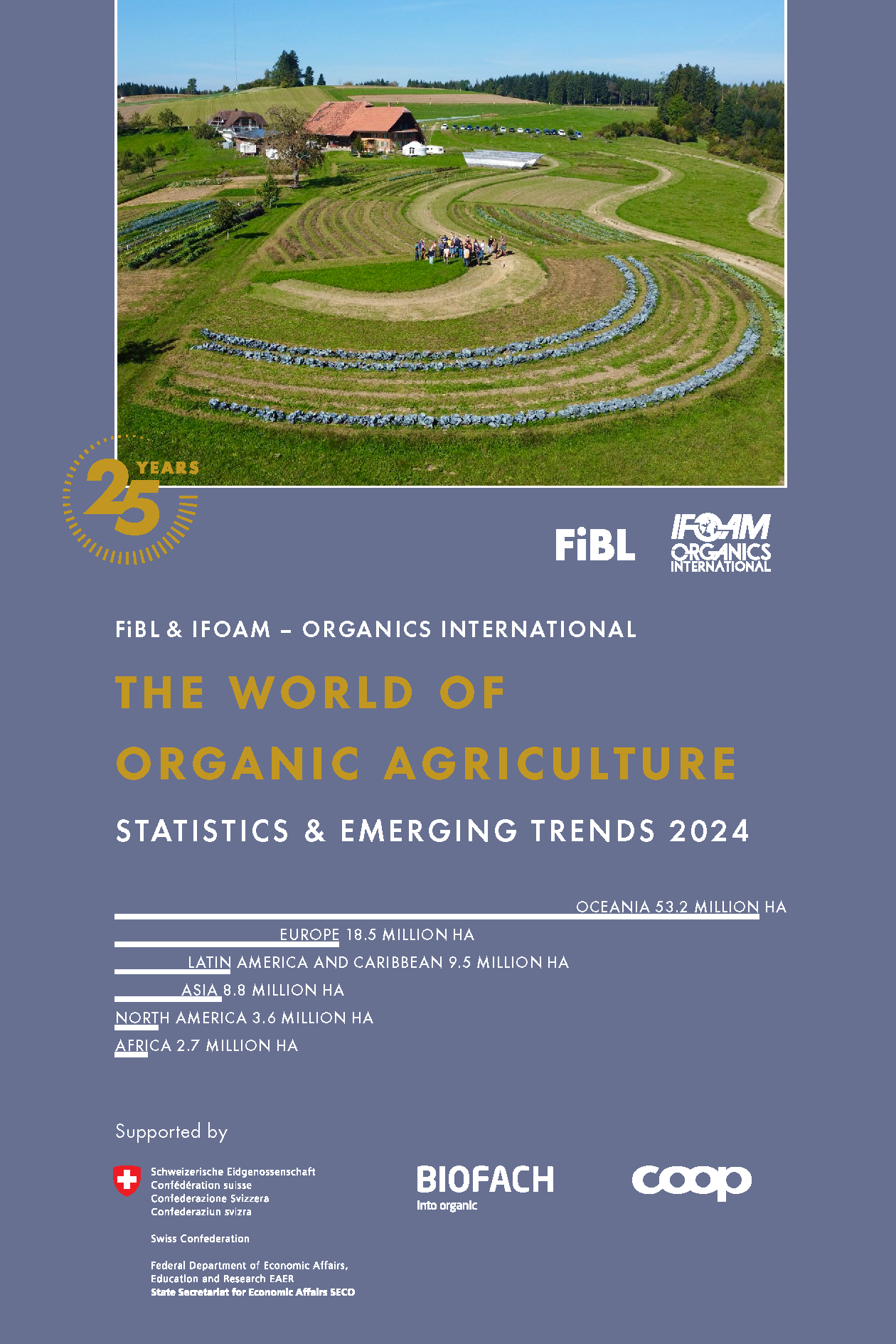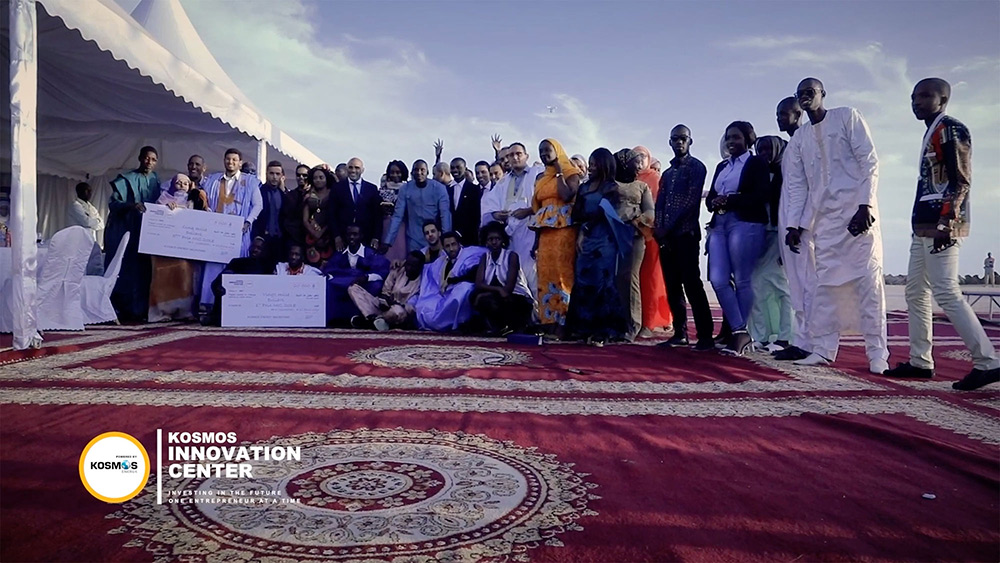Smaller enterprises in the agriculture sector have long struggled to access adequate and timely capital for their business activities, despite their critical role in moving food from farm to fork.
The development finance sector has increasingly focused on such enterprises, launching various funds and initiatives to bridge the estimated US$ 74.5 billion annual financing gap they face across Sub-Saharan Africa. While practical experience has advanced significantly in recent years, investors typically shy away from lending to smaller agricultural enterprises because the financial costs and risks often don’t match the financial returns of these investments.
- Moderator: Songbae Lee Agricultural Finance Team Lead, USAID
- Wouter Vandersypen Executive Director, Kampani
- Jovitus Rutakinikwa Country Manager, SME Impact Fund (SIF)
Upcoming
- The Smallholder and Agri-SME Finance and Investment Network and the Marketlinks initiative of the U.S. Agency for International Development (USAID) are kicking off 2024 with a webinar series that dives deeply into diverse approaches and perspectives from agri-SME finance practitioners, from fund managers and commercial banks in sub-Saharan Africa, to donors backing large-scale agricultural SME funds.
- Coming Soon: Donors as Investment Catalysts.
In March 2024, Session two of SAFIN's ‘Backing the Middle’ series. The next discussion will focus on engaging donors to explore the most effective utilization of concessional capital in agriculture to maximize impact on small agricultural enterprises and the farmers they support. Representatives of donor countries will focus on the central questions—where is concessional capital best utilized? What are the best approaches to attract private financiers without disrupting existing agri-SME finance markets?
STAY TUNED HERE > - The third and final session of this series in April 2024 will highlight the use of financial incentives like guarantees and first loss facilities to encourage local financial institutions to lend to agripreneurs. Seasoned experts from the field to discuss when, how and how long incentives can be used to bridge the agri-SME finance gap in sub-Saharan Africa.

